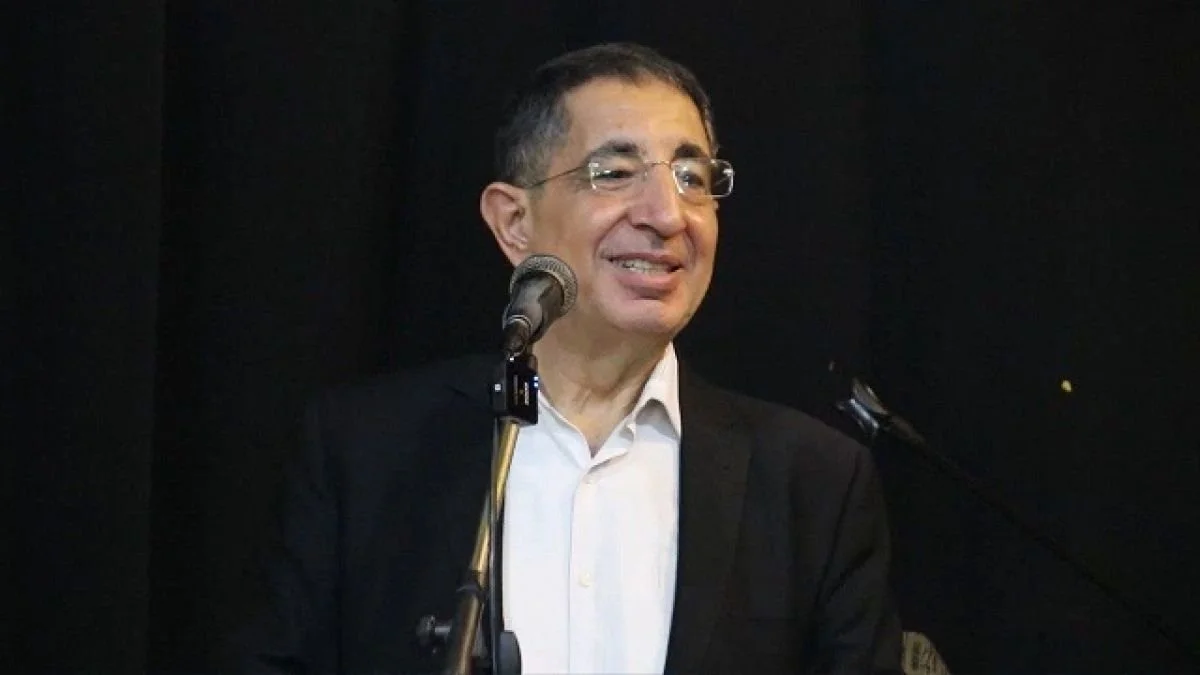Hezbollah MP Hussein Al-Hajj Hassan Rejects Government “Surrender,” Calls for National Security Strategy Against “Greater Israel”
Executive Summary
In a combative speech delivered on August 26, 2025, Hezbollah MP Hussein Al-Hajj Hassan accused the Lebanese government of caving to Israeli and American pressure by adopting recent decisions seen as hostile to the resistance. He condemned what he described as the government’s silence in the face of repeated Israeli aggression, its failure to protect Lebanese prisoners or defend national sovereignty, and its perceived collaboration with foreign actors. Al-Hajj Hassan called for a national dialogue to establish a unified security strategy to confront what he sees as existential threats from “Greater Israel” and U.S.-backed regional projects.
Key Judgments
Key Judgment 1
Al-Hajj Hassan’s speech underscores Hezbollah’s view that the current Lebanese government has abandoned its national duties by aligning with U.S. and Israeli interests.
Evidence: He accused the government of making “catastrophic and sinful” decisions on August 5 and 7, releasing an Israeli prisoner without securing Lebanese captives in return, and failing to respond to ongoing Israeli attacks or threats, while instead confronting Hezbollah in political discourse.
Key Judgment 2
The speech signals Hezbollah’s strategic pivot toward advocating for a formal national security strategy that institutionalizes resistance as a central component of state defense.
Evidence: Al-Hajj Hassan stated that the “right way” forward is a national dialogue on a defensive strategy, warning that ignoring the threats posed by Israel, the U.S., and regional normalization efforts will leave Lebanon defenseless against foreign-imposed changes.Analysis
Analysis
MP Hussein Al-Hajj Hassan’s remarks mark a continuation—and intensification—of Hezbollah’s messaging strategy amid growing internal tension between the movement and the Lebanese state. Delivered at a memorial event in Shuwaifat, the speech served both as a condemnation of the government’s perceived subservience to foreign powers and as a call to reframe national defense policy in Hezbollah’s image.
The crux of the speech lies in Al-Hajj Hassan’s claim that Lebanon’s official institutions no longer function independently. He argues that decisions made earlier this month—particularly those aimed at restricting Hezbollah’s weapons or military autonomy—were effectively dictated by Israel and the United States. His rhetorical strategy draws a clear line: those who oppose or attempt to limit the resistance are portrayed as collaborators with external enemies.
What makes this speech especially significant is its pivot from mere denunciation to institutional ambition. Al-Hajj Hassan calls not only for resistance but for a full-fledged national security doctrine—one that would enshrine Hezbollah’s armed role as part of the Lebanese state’s defense apparatus. This effort to formalize resistance in national policy echoes earlier Hezbollah positions, particularly in the aftermath of past wars with Israel, but the renewed urgency and language of betrayal reflect growing political isolation for the group as international and domestic pressure mounts.
Al-Hajj Hassan’s narrative situates Israel as a near-term expansionist threat and the U.S. as its enabler. His references to “Greater Israel,” American delegation visits, and the failure to respond to attacks or secure prisoners are all part of a broader strategy to present the government as not only incompetent but as actively undermining Lebanon’s sovereignty. He makes repeated use of emotive contrasts—such as comparing the government’s silence on Israeli threats to its outspokenness toward Hezbollah—as a way to paint the state as illegitimate in its current form.
The underlying goal of the speech is to reinforce Hezbollah’s domestic legitimacy by portraying the resistance as both the only capable defender of Lebanon and the victim of elite betrayal. In the context of rising tensions in the region, growing calls to disarm Hezbollah, and continued Israeli airstrikes, Al-Hajj Hassan’s call for a national security strategy doubles as a rejection of any compromise on Hezbollah’s military status.


